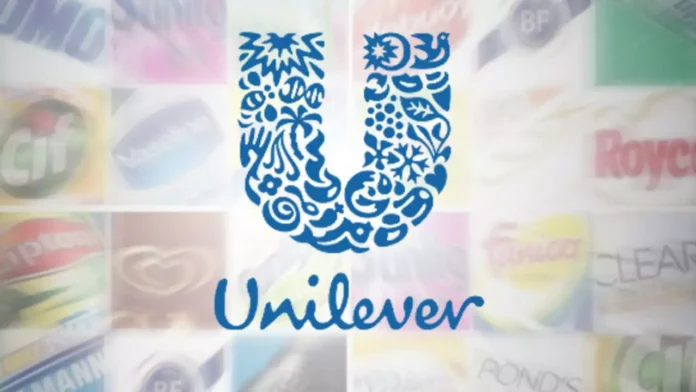Hindustan Unilever (HUL), India’s largest consumer goods manufacturer, is cutting the use of palm oil and its derivatives in soaps by 25%, as part of a broader plan to counter fluctuations in commodity prices and minimize environmental footprint. This initiative, hailed as a global first by the company, involves pioneering technology developed by HUL over nearly five years, called Stratos. The success of this innovation will see its implementation in other countries by Unilever, with India being one of its key soap markets globally. Lux and Lifebuoy, among others, fall under the purview of this endeavor.
Continue Exploring: Hindustan Unilever shifts focus to bigger brands in pursuit of volume growth
Impact on Product Composition and Quality
The upcoming change will substitute palm oil with a unique blend comprising plant-based polysaccharides, vitamin combinations, and natural fatty acids. This formulation not only enhances the product’s quality but also results in a 25% reduction in palm oil and its derivatives compared to the current content found in grade 1 soap.
HUL dominates the soap market in India, commanding a staggering 38% share of a market valued at INR 24,000 crore.
Ankush Wadehra, Vice President of Skin Cleansing at HUL, explained, “With reduced palm usage, we can achieve significant cost savings, enabling us to reinvest in premium ingredients that enhance the quality of our products.”
“A decrease in TFM (total fatty matter) helps us navigate the swings between both deflation and inflation in commodity prices. Often, our pricing strategies are influenced by market trends in commodities, and by reducing our reliance on them, we are mitigating our exposure to risk,” he explained.
Continue Exploring: Hindustan Unilever’s net profit dips 1.53% to INR 2,561 Crore in Q4 FY24
Palm oil and its derivatives constitute more than 20% of the input expenses for consumer companies like HUL, and are known to be one of the most unpredictable components.
In India, the quality of soap is frequently assessed based on the total quantity of oils and fats utilized in its production, commonly known as total fatty matter (TFM). According to HUL, there’s a common misconception that higher TFM automatically signifies better soap quality. However, the efficacy of a soap is primarily determined by the specific type of fatty matter it contains, rather than just its TFM content.
“We’ve achieved this by optimizing our processes to deliver tangible benefits directly to the consumer,” stated Vibhav Sanzgiri, Executive Director of R&D at HUL.
Continue Exploring: Hindustan Unilever appoints Arun Neelakantan as executive director, customer development





